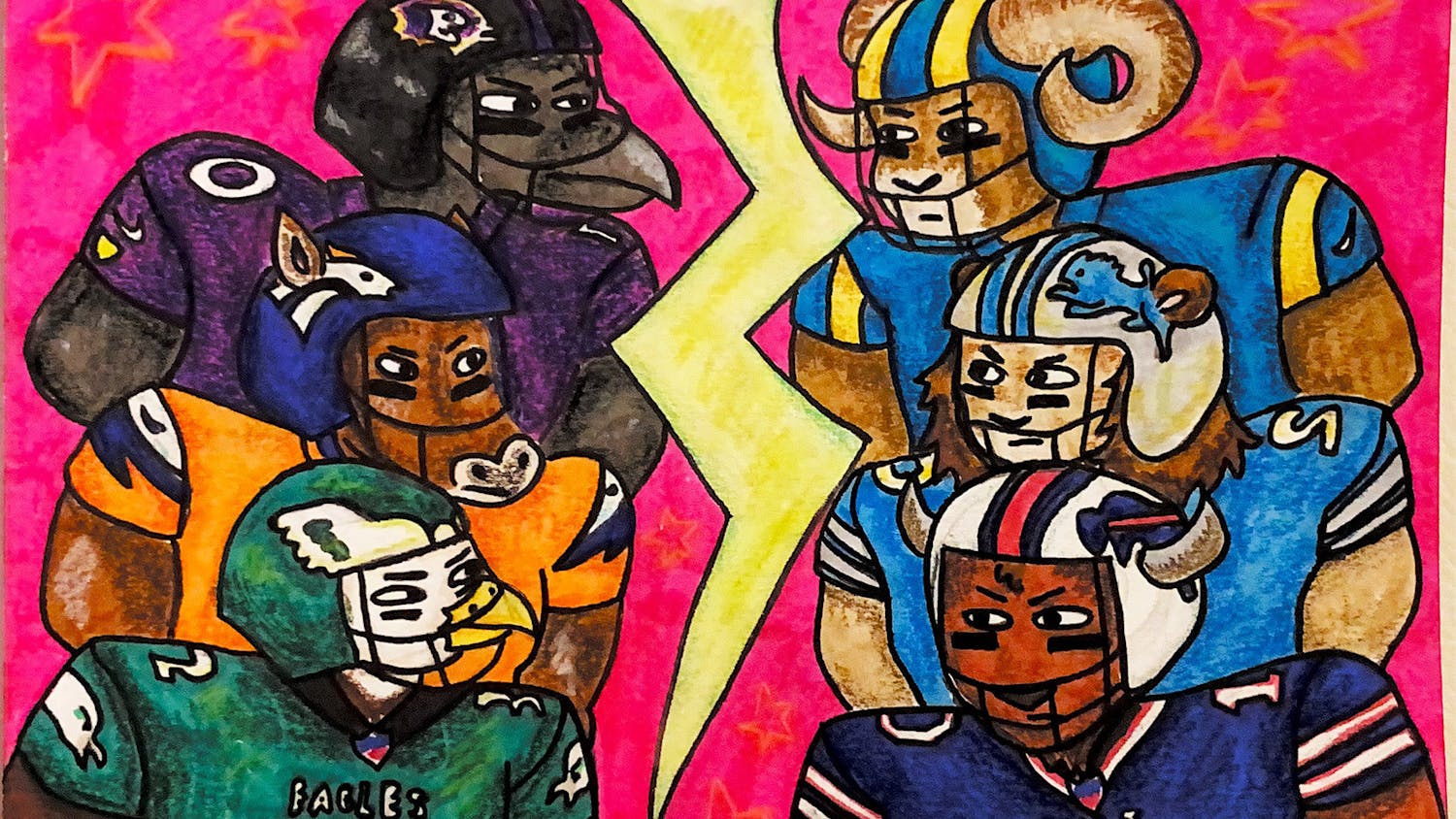Does love at first sight exist? People who have experienced it would encourage you to believe that it does, but the research is not in their favor. Of course, if we are going to discuss love, we need to first define the feeling.
Merriam-Webster gives nine separate definitions for love as a noun. Most commonly employed are: “a strong affection for another” and an “attachment, enthusiasm or devotion” to something or someone.
It is naive to reduce a feeling to a mere definition, though.
“Romantic love can be broken down into three categories: lust, attraction and attachment,” according to an article published in Science in the News. Author Katherine Wu discussed how these categories are associated with different hormones. Lust is associated with estrogen and testosterone; attraction is associated with dopamine, norepinephrine and serotonin; attachment is associated with oxytocin and vasopressin.
These chemicals all interact to form the feeling that we know as romantic love, but that isn’t all there is to it.
Love cannot be described by mere words or science. We may think we understand the meaning of love, but then we meet a stranger’s eyes from across the room and the rest of the world ceases to exist. This is the love we know from fairytales and fanfiction. This is Cupid’s arrow shooting straight through your beating heart. This is love at first sight. The ultimate romance trope.
After all, who hasn’t dreamed about finding their ideal romantic partner in some fateful meet-cute? Who hasn’t dreamed about ditching the dating world because their perfect match just so happened to waltz into their line of sight?
Helen Fisher, a senior research fellow and biological anthropologist at the Kinsey Institute, is best known for her research on love. Love at first sight is entirely possible, according to Fisher.
“Love is a brain system that can be triggered at any moment,” Fisher said in a WIRED interview. “Everyone has a love map, which is an unconscious and conscious list of what you're looking for in a partner. Attachment grows slowly, but love at first sight can be triggered instantly.”
Fisher may be the love expert, but her conclusion is bold. After all, how can you love someone without attachment? Lust and attraction are certainly possible, but how can attachment occur when that someone is a stranger? It does not seem possible to love someone you do not know. Love is based on a connection. Without that connection, it is not love.
A 2017 empirical investigation conducted at the University of Groningen in the Netherlands seems to suggest that Fisher’s “love at first sight” is something else entirely.
“(Love at first sight) is not a distinct form of love, but rather a strong initial attraction that some label as (love at first sight), either in the moment of first sight or retrospectively,” the investigation reports.
Get content from The Daily Lobo delivered to your inbox
The investigation’s conclusion was supported by the observations that “experiences of (love at first sight) were marked neither by high passion, nor by intimacy, nor by commitment. Physical attraction was highly predictive of reporting (love at first sight).”
Love at first sight is not really love. A love based entirely on attraction is not love at all.
When a person checks all of our boxes at first sight, we become open to loving them. We may not be in love with them, but that is not to say that love will not grow out of this initial meeting.
Arly Garcia is a freelance reporter with the Daily Lobo. She can be reached at culture@dailylobo.com or on Twitter @DailyLobo






